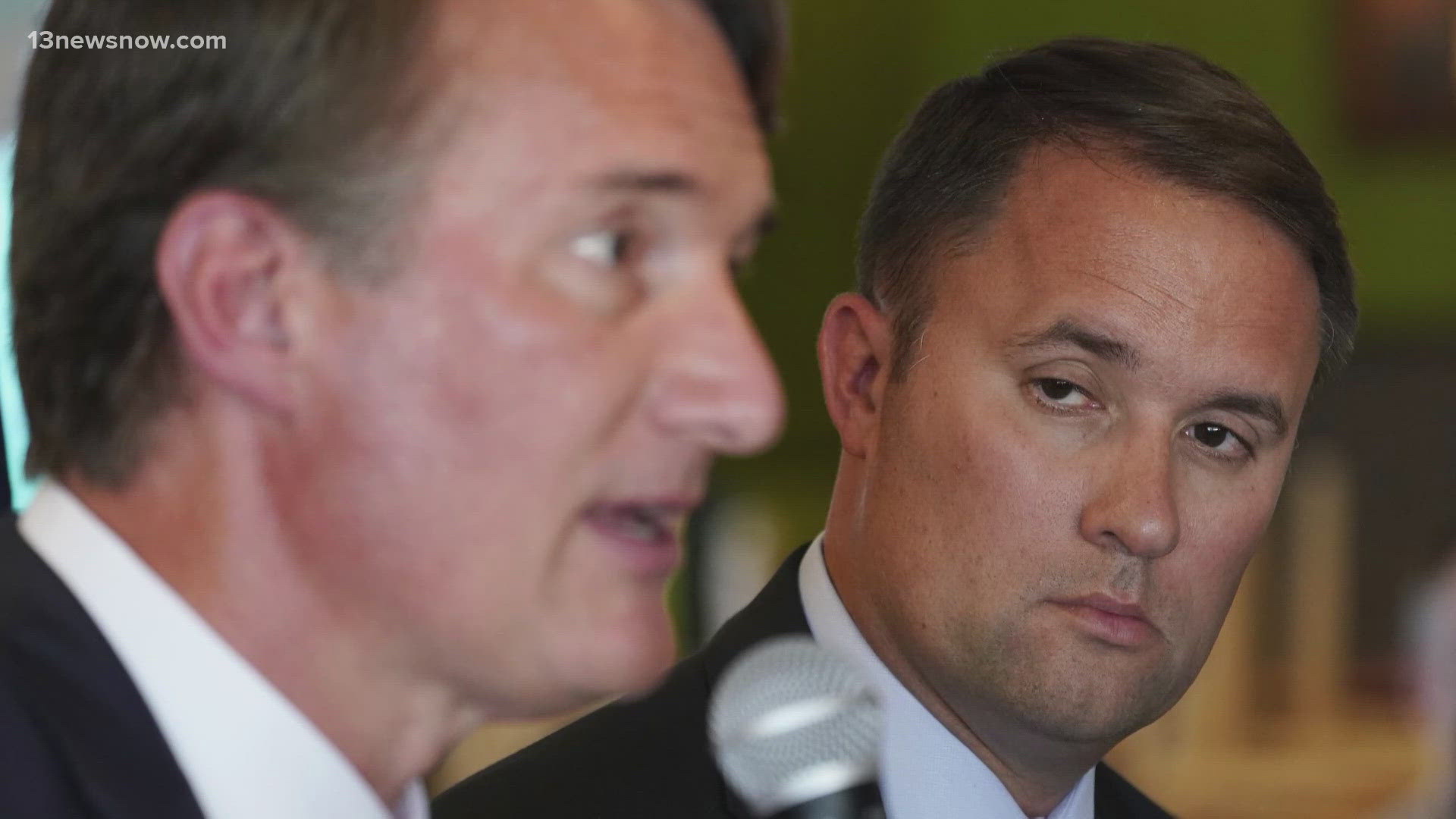VIRGINIA, USA — A group of Black lawmakers are condemning a recent decision by Virginia Attorney General Jason Miyares to join a push asking to end diversity and inclusion standards for law schools.
The members of the Virginia Legislative Black Caucus said Thursday that they “strongly oppose” Miyares signing a letter asking the American Bar Association to modify its DEI standards for higher institutions.
On June 3, more than 21 Republican attorneys general wrote the current ABA standard “directs law-school administrators to violate both the Constitution and Title VII” of the Civil Rights Act, which prohibits employment discrimination based on race, color, religion, sex, and national origin.
Currently, Standard 206 for law school approval from the American Bar Association, the nation’s largest association of lawyers and legal professionals, states institutions “shall demonstrate by concrete action a commitment to diversity and inclusion by providing full opportunities for the study of law and entry into the profession by members of underrepresented groups, particularly racial and ethnic minorities, and a commitment to having a student body that is diverse with respect to gender, race, and ethnicity.”
“In its current form, the Standard all but compels law schools to consider race in both the admissions and employments contexts,” said the letter originally drafted by Tennesse Attorney General Jonathan Skrmetti.
However, the group of attorneys general cite the U.S. Supreme Court’s decision last year to overturn affirmative action in school admission, arguing students must be considered based on their experiences as an individual and not their race.
Since the ruling, many states and colleges have rolled back diversity programs and initiatives.
The letter also suggests the American Bar Association should take a look at “racially motivated recruitment or financial aid.”
“If race-based admissions cannot satisfy strict scrutiny, then neither can racially motivated recruitment or financial aid,” read the letter from state prosecutors. “Changing where or when racial discrimination happens does not shield it from constitutional review.”
In opposition, the Virginia Legislative Black Caucus said, “In signing this letter, AG Miyares has recommitted his opposition to racially diverse environments despite decades of research proving they lead to better outcomes for all students.”
A 2022 American Bar Association found less than 5% of lawyers in the United States are Black. There are more than 1.3 million lawyers in the nation, according to the ABA.
The attorneys general argue law schools need more clarity to meet the association’s standards without violating the law. To be accredited, law schools must comply with ABA standards.
Meanwhile, VLBC accuses the Youngkin administration of a pattern of actions resulting in less educational access for Black students, including in law schools.
“Aside from interpersonal racism, Black people experience communities which lack financial resources, attend underfunded schools, and do not have the same opportunities for professional mentorship and networks as their peers,” said the VLBC letter. “These compounded disadvantages are not coincidental. These circumstances are planned outcomes of hundreds of years of race-based discrimination and political strategy. We must plan and strategize our way out of it.”
The American Bar Association’s leadership is considering revisions to its guidelines, which the attorneys general also raised questions about in their letter.
In a response to 13News Now Thursday, a Miyares spokesperson said the attorney general stands by the statements and requests in the letter.
“As Virginia's first Hispanic statewide elected official and the child of an immigrant, Attorney General Miyares recognizes diversity's value,” said AG Miyares spokesperson Chloe Smith.
“This is why Miyares was one of the first elected officials in Virginia to call for the end of legacy admissions in public colleges to create a more equal admissions process that does not give preferential treatment to applicants based on circumstances beyond their control. This is also reflected in Miyares' creation of the Oliver Hill Externship Program to expose HBCU students to the legal field and law school application processes."

